May 24, 2025 | 16:26 GMT +7
May 24, 2025 | 16:26 GMT +7
Hotline: 0913.378.918
May 24, 2025 | 16:26 GMT +7
Hotline: 0913.378.918
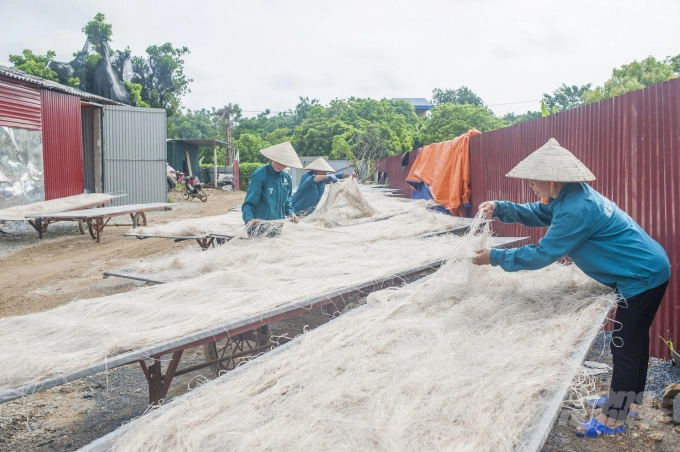
The adoption of an automatic drying production line will reduce difficulty caused by the weather in making vermicelli. Photo: Dong Van Thuong.
No one in Viet Cuong village knows exactly when the trade of making vermicelli appeared in the village, but it is clear that it has been handed down from generation to generation.Viet Cuong vermicelli is well known for its good texture, fragrant and sweet fibers. Due to its special feature, the vermicelli will not be broken if you cook it and even warm up.
However, the trade faced challenges due to the adoption of out-of-date technology. Their production was absolutely dependent on weather.
In the past, local residents made vermicelli from May until a week before Tet (Lunar New Year). They were quite busy about 1-2 months before the Tet holiday.
The productivity was low as all production steps were done manually. Many people didn’t want to engage in the traditional profession of their ancestors and switch to other jobs because of low income.
Fearing that the craft might be lost, Nguyen Van Bao, a local resident, determined to revive the tradition.
Bao quit studying after he finished seventh grade because his parents were very poor. He did some odd jobs to support the family’s income.
He said he didn’t sleep well for many nights, wondering about finding a new direction for making vermicelli.
After getting experience from his parents, Bao went to Bac Kan to purchase ingredients.
Then, he failed at the first attempt. Hundreds kilogrammes of vermicelli have been thrown away due to rainy weather.
However, the failure did not discourage him.
In 2007, Bao set up Viet Cuong vermicelli Cooperative with a desire to provide products with prestige and clear origin to the market.
Initially, the cooperative only had 9 members.
Ba said he encountered many difficulties at the beginning but he gradually overcame them.
“Seeing a potential development for a safe vermicelli market, I have manufactured a vermicelli press machine and an automatic drying production line to reduce labour cost. As a result, labour productivity has increased remarkably,” he said.
He also invested capital in installation of a modern production line imported from foreign countries. Thanks to the application of this line, the cooperative is producing about two tonnes of vermicelli per day, gradually meeting the customers’ demand.
The vermicelli is packed right after they finish production, so it is not affected by the weather.
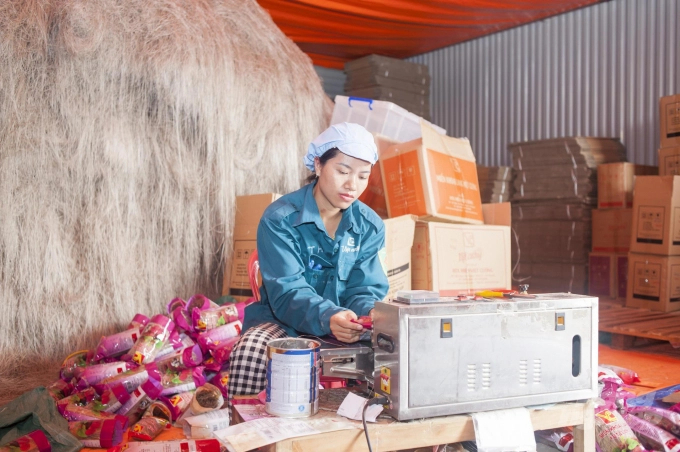
Packaging finished vermicelli at Viet Cuong Vermicelli Cooperative. Photo: Dong Van Thuong.
Currently, the cooperative has 3 main products - arrowroot vermicelli, sweet potato vermicelli and cassava vermicelli. Of these, two products have qualified for One Commune One Products Standards.
In 2019, the cooperative earned VND5 billion ($215,000) in revenue.
It now has 25 members with a monthly salary of VND6 million (US$258) per person.
With his contribution in agricultural techniques, in 2012, Bao was awarded Luong Dinh Cua Prize – the award given to young farmers with outstanding achievements in manufacturing, trade, applying modern science technologies, protecting the environment and setting up new rural lifestyles.
Viet Cuong vermicelli is among those recognised as national outstanding rural industrial products.
The vermicelli made by Ba's cooperative are on sale in big supermarkets and provinces across the country.
The cooperative is expanding the production so that its products will be sold not only to the domestic market but also exported to overseas ones, he said.
Author: Dong Van Thuong. Translated by Minh Quang. Edited by Duc Huy.
/2025/05/22/5250-1-184853_288.jpg)
(VAN) According to a representative from the Central Retail Vietnam, Vietnamese products such as seafood, sweet potatoes, dragon fruit, coffee, and spices hold great potential in the Thai market.
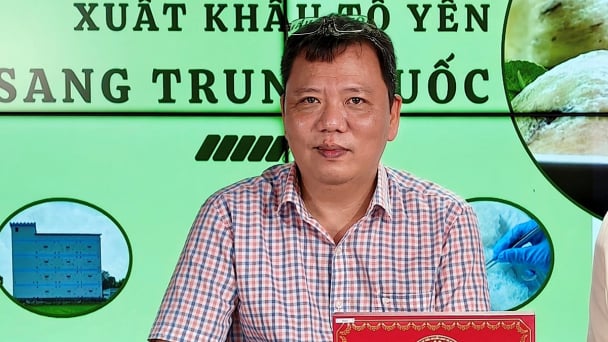
(VAN) A multi-channel, multi-directional strategy only works when the agricultural value chain meets global transparency and SPS standards.
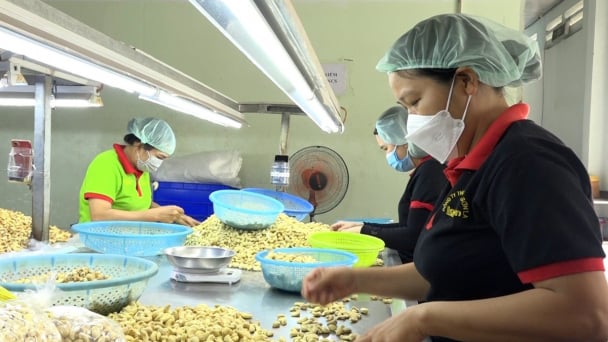
(VAN) Market expansion is a matter of survival for Vietnamese businesses amid fierce competition and global supply chain fluctuations.
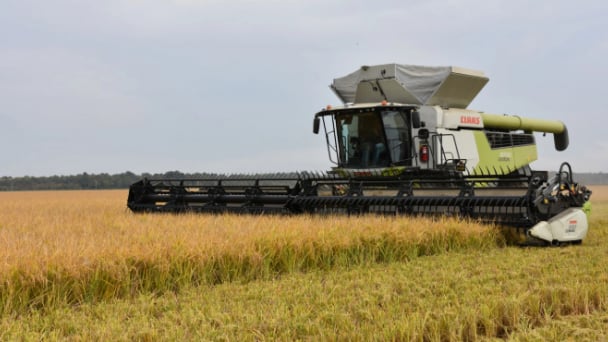
(VAN) Global market prospects for U.S. long-grain rice for the upcoming marketing year.
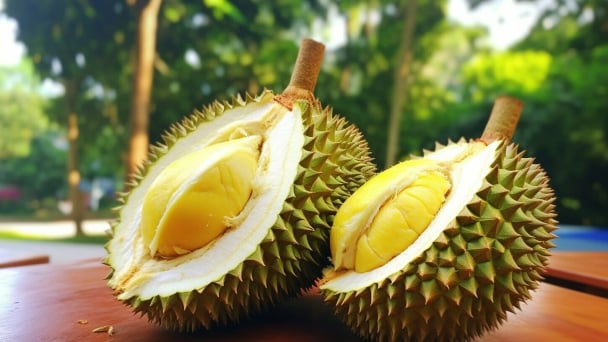
(VAN) China’s General Administration of Customs started permitting fresh durian shipments from Cambodia after a phytosanitary protocol was signed with the Cambodian Ministry of Agriculture in late April.
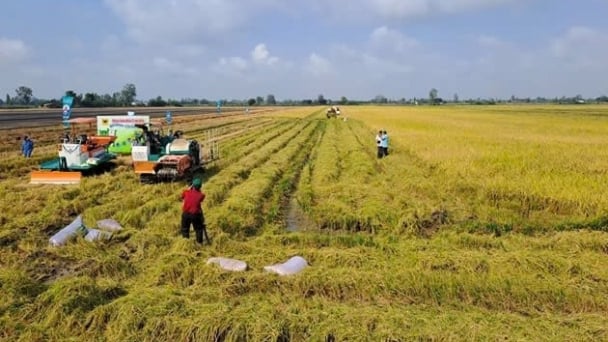
(VAN) To operate carbon market, one of the key issues is determining which types of 'commodities' meet the standards to be traded on the market.
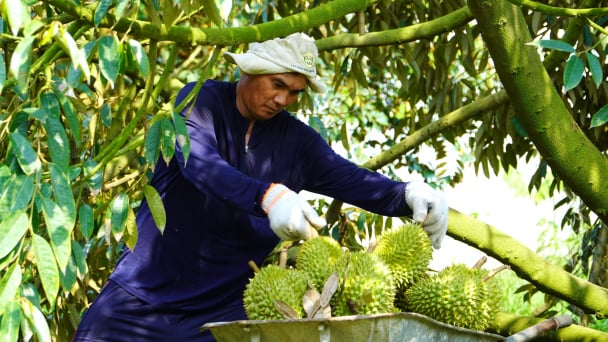
(VAN) Durian-producing localities need to coordinate more effectively with central authorities to improve the traceability, monitoring, and response systems in case of violations.